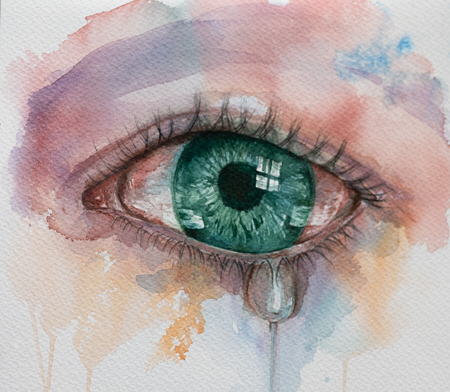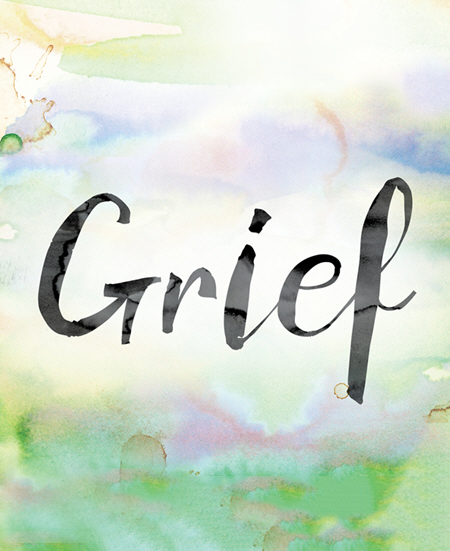 For some, overcoming grief is a drawn-out process.
For some, overcoming grief is a drawn-out process.
Sometimes, things go awry with our grieving process. We have difficulty adapting to a new reality, prolonging and complicating our grief.
Accepting the loss of a loved one is hard, but sometimes we cannot let go. We become chronic grievers.
Conflicted feelings toward the deceased, dependency, sudden or traumatic death, and death by suicide complicate the grieving process.
A history of mental health issues makes grieving more complex.
A significant loss can even cause a breakdown in psychological functioning.
Allow me to introduce you to Ann*…
Ann looked at the calendar on the kitchen wall. Today’s date is circled in bright red – denoting her son Steve’s* birthday. He would have been 21 today.
Ann climbed the stairs and gently opened the door to Steve’s room. She kept it exactly how it had been the day Steve left to meet his friends five years ago but never returned.
His team jacket still hung on the hook behind the closet door. Ann buried her face in the jacket; she pictured Steve as a baby, a child, and a teenager.
 Steve’s life ended. It was so unfair!
Steve’s life ended. It was so unfair!
Ann still couldn’t accept that Steve was gone. He was much too young to die. The future – graduations, college, careers, marriage, children, were all gone.
The day Steve died, Ann felt she had died. The future seemed hopeless. There wasn’t a day that passed that Ann didn’t yearn to see Steve or wonder what he would do now.
Upon awaking, Ann continued to hope her loss was a nightmare and that Steve would greet her once again in the kitchen, as he grabbed a bite on his way to school. They’d have their best chats in those moments.
Ann passed her daughter’s room as she made her way downstairs. After Steve died, she and Jen* had grown apart. Now they barely spoke. Jen spent most of her time at her best friend’s house, where she often stayed for days on end.
Prolonged grief is not unique to Ann.
Learning to cope with grief, especially when it involves losing a child or loved one, is challenging.
Although such loss is impossible to forget, continued grief affects one’s psychological well-being.
As seen with Ann’s daughter, prolonged and complicated grief tears families apart, creating estrangement between the griever and other children and spouses.
In circumstances of drawn-out grief, seeking professional help allows you to process the loss to move forward with one’s life.
 Psychotherapy helps you process the loss.
Psychotherapy helps you process the loss.
While tending to your pain and grieving, we begin by creating a safe space to tell your story of pain and loss. We work together to acknowledge the inner pain and identify all the fears you feel.
Psychotherapy for complicated grieving provides you with specific tools and practical strategies to get your life back. Developing a new self-identity, searching for meaning, connecting with others’ support, and learning to maintain a connection with your loved one in a healthier way lead to healing and re-engagement with life.
Sudden loss is even more difficult.
Many have lost loved ones in recent months to COVID-19. Perhaps you saw your loved one for the last time as he/she rode away to the hospital. You may not have had a chance to say goodbye, or maybe your last goodbyes were said on a phone or iPad.
If you are struggling with such a traumatic loss, you may be at risk of developing complicated grief.
With over 20 years of professional experience in helping grieve many types of losses and advanced training in complicated grief treatment, I can help you find the way back to a life that is worth living.
You may feel like giving up, but I will help restore your belief in life and yourself.
Take the first step toward healing today.
Call me at (216) 785-9466.
*Names changed to protect confidentiality.

